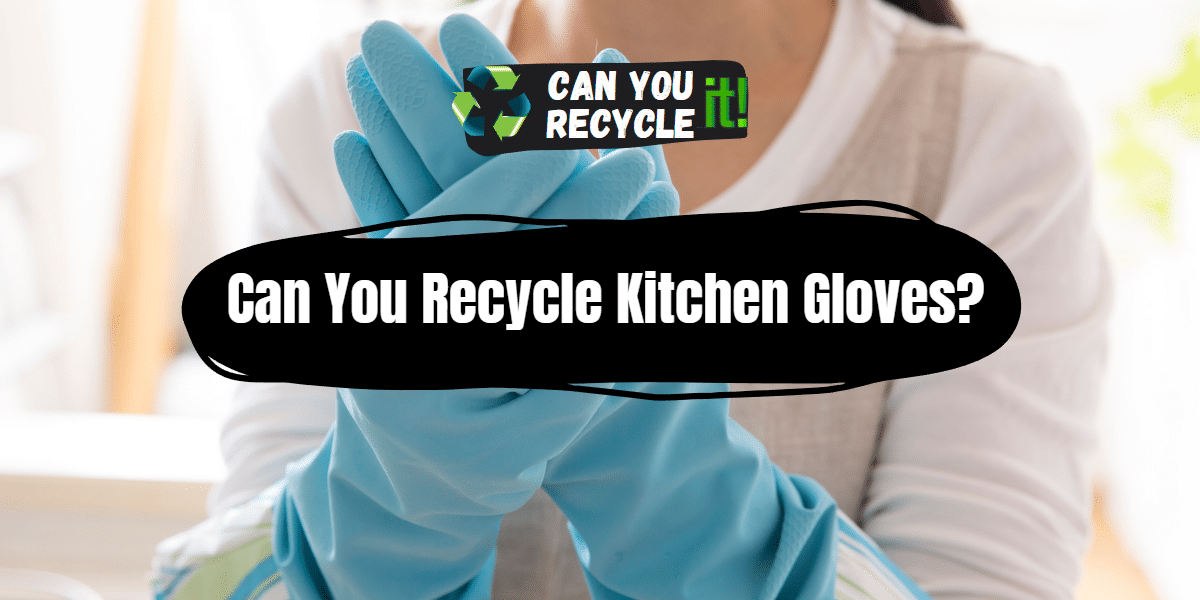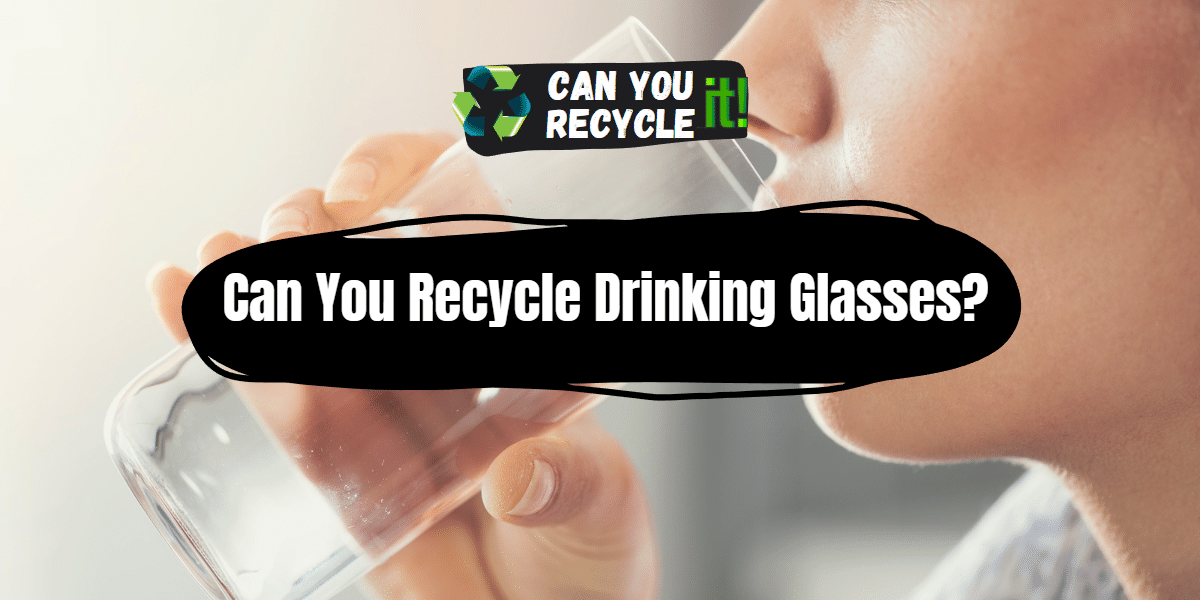Yes, car lithium batteries can be recycled. In fact, it is the best way to dispose of them, as it helps to reduce pollution and conserve resources.
Car lithium batteries are essential components of electric and hybrid vehicles, but what happens to them when they reach the end of their life? In this article, we will explore whether car lithium batteries can be recycled, provide dos and don’ts for recycling, offer a step-by-step guide to recycling car lithium batteries, discuss what to do with batteries that cannot be recycled, examine the environmental impact of recycling car lithium batteries, address frequently asked questions, and conclude with some final thoughts.
Table of Contents
Do’s and Don’ts
It is essential to follow specific guidelines to ensure the proper recycling of car lithium batteries and minimize environmental harm. Here are some dos and don’ts for recycling car lithium batteries:
Dos
- Research local recycling options: Look for specialized recycling centers or programs that accept car lithium batteries. These facilities have the expertise and equipment to handle the recycling process safely.
- Disconnect the battery: Before recycling, disconnect the car lithium battery from the vehicle following the manufacturer’s instructions. This ensures safety during transportation and recycling.
Don’ts
- Dispose of car lithium batteries in regular waste: Car lithium batteries contain hazardous materials and should not be thrown in the regular trash. Improper disposal can harm the environment and pose risks to human health.
- Attempt to recycle on your own: Recycling car lithium batteries requires specialized processes to handle hazardous materials safely. Attempting at home or through regular recycling programs is not recommended.
How to Prepare Car Lithium Batteries for Recycling
Proper preparation is crucial to ensure that car lithium batteries are ready for recycling. Follow these steps to prepare car lithium batteries for recycling:
Step 1: Disconnect the battery
- Consult the vehicle’s manual or seek professional assistance to safely disconnect the car’s lithium battery from the vehicle’s electrical system.
- Take precautions to avoid short circuits or electrical shocks during the disconnection process.
Step 2: Handle with care
- Car lithium batteries contain hazardous materials and should be handled with care. Avoid damaging the battery or exposing it to extreme temperatures or moisture.
- Use protective gloves and eyewear when handling car lithium batteries.
Step 3: Store in a safe place
- Store the car’s lithium battery in a cool, dry place away from direct sunlight or extreme temperatures.
- Keep the battery in a secure location out of the reach of children or pets.
Step 4: Contact a specialized recycling center
- Research and contact specialized recycling centers or programs that accept car lithium batteries.
- Inquire about their specific requirements, including drop-off locations, pick-up services, or any associated fees.
5-Step Guide to Recycle Car Lithium Batteries
Recycling car lithium batteries is crucial for environmental sustainability and resource conservation. Follow this step-by-step guide to recycling car lithium batteries responsibly:
Step 1
Research local recycling options
- Look for specialized recycling centers or programs that accept car lithium batteries.
- Ensure the recycling facility follows proper environmental and safety regulations for handling hazardous materials.
Step 2
Prepare the battery for recycling
- Disconnect the car lithium battery from the vehicle following the manufacturer’s instructions.
- Take precautions to ensure personal safety and avoid damage to the battery.
Step 3
Transport the battery safely
- Safely transport the car lithium battery to the recycling center or arrange for pick-up services, if available.
- Follow any specific packaging or labeling requirements provided by the recycling facility.
Step 4
Submit the battery for recycling
- Submit the car’s lithium battery to the recycling center or program.
- Provide any necessary information or documentation requested by the recycling facility.
Step 5
Follow local regulations and guidelines
- Adhere to any additional regulations or guidelines provided by your local authorities regarding the disposal and recycling of car lithium batteries.
- Stay informed about updates or changes in recycling practices to ensure ongoing compliance.
What to Do with Car Lithium Batteries That Cannot Be Recycled
While recycling car lithium batteries is the preferred option, there may be cases where certain batteries cannot be recycled. Here are some alternative options for car lithium batteries that cannot be recycled:
- Battery exchange programs: Some manufacturers or retailers may offer battery exchange programs, allowing you to return the old battery when purchasing a new one. These programs ensure proper disposal and incentivize recycling.
- Contact the manufacturer: Reach out to the car’s lithium battery manufacturer to inquire about their take-back programs or recommendations for proper disposal.
- Professional disposal services: Consult local waste management authorities or recycling centers for information on professional disposal services for car lithium batteries. These services handle hazardous materials according to environmental regulations.
- Battery reconditioning: In some instances, car lithium batteries may be reconditioned or refurbished, extending their usable life. Contact specialized battery reconditioning services to explore this option.
- Seek professional advice: If you are uncertain about handling car lithium batteries that cannot be recycled, seek advice from professionals, such as recycling centers, waste management companies, or automotive experts.
Environmental Impact of Recycling Car Lithium Batteries
Recycling car lithium batteries offers significant environmental benefits. Here are some key points regarding the environmental impact of recycling car lithium batteries:
- Resource conservation: Recycling car lithium batteries allows for the recovery and reuse of valuable materials such as lithium, cobalt, nickel, and other metals. This reduces the need for new resource extraction and helps preserve finite resources.
- Reduction of hazardous waste: Car lithium batteries contain toxic and hazardous materials that can pollute the environment if improperly disposed of. Recycling ensures proper management and containment of these hazardous substances, preventing soil and water contamination.
- Energy savings: Recycling car lithium batteries requires less energy than producing new batteries from virgin materials. Energy savings contribute to reducing greenhouse gas emissions and mitigating climate change impacts.
- Emissions reduction: By recycling car lithium batteries, the release of harmful substances and greenhouse gases associated with battery production and disposal is minimized. This contributes to improved air quality and reduced environmental pollution.
- Circular economy promotion: Recycling car lithium batteries aligns with the principles of a circular economy, where materials are reused, recycled, and reintegrated into the production cycle. This approach reduces waste, conserves resources, and fosters sustainable development.
FAQs for Can You Recycle Car Lithium Batteries
Can car lithium batteries be recycled with regular household recycling?
No, car lithium batteries should not be placed in regular household recycling bins. They require specialized recycling processes due to their hazardous nature. Contact local recycling centers or programs that handle car lithium battery recycling.
Is it safe to handle car lithium batteries for recycling?
Car lithium batteries should be cautiously handled due to their hazardous materials. Follow the manufacturer’s instructions, wear protective gear, and contact recycling centers for safe handling and transportation guidance.
Can car lithium batteries be reused instead of recycled?
Reusing car lithium batteries is possible, but it requires careful assessment and refurbishment by professionals. Contact specialized battery reconditioning services to explore this option.
Conclusion and final thoughts 💭
Properly recycling car lithium batteries is essential for environmental sustainability and resource conservation. By following the dos and don’ts, preparing the batteries correctly, and utilizing specialized recycling programs, we can contribute to a cleaner and greener future. Remember, responsible battery recycling protects the environment and supports the growth of a circular economy. Let’s play our part in preserving our planet for future generations.





Leave a Reply